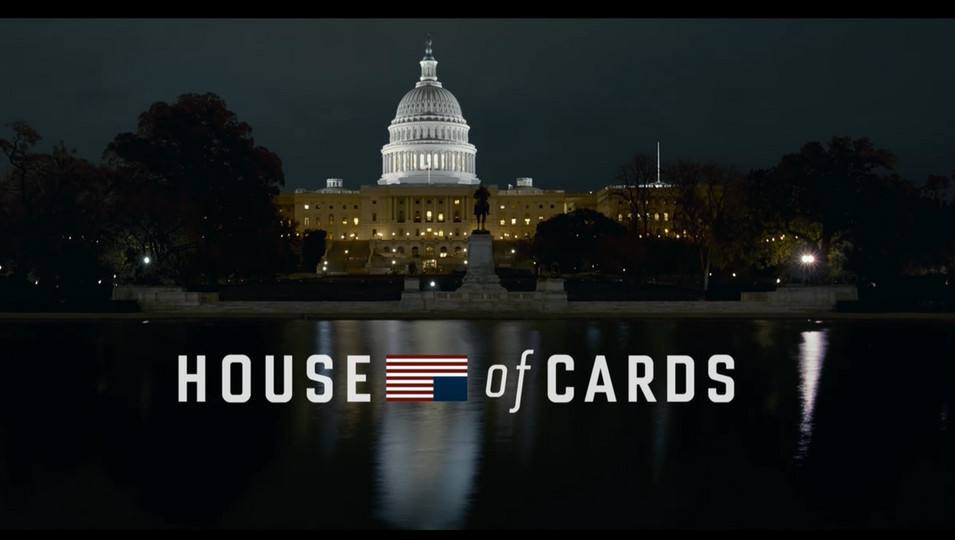I spent a good part of the weekend watching (most) of season two of “House of Cards.” Without having seen the ending, I can say that season two lacks some of the sizzle of the show’s enjoyable first season. But Kevin Spacey is still fun to watch, even if his manner of dealing out death is less inventive than in past roles.
It’s become sport to compare “House of Cards” with the other great political drama of the last decade, “The West Wing.” From the New York Times Magazine:
You can make the case that “House of Cards” will one day seem as instructive about our current political moment as “The West Wing” was of its political moment. The latter show appeared in 1999 as a kind of late-Clinton-era liberal cri de coeur, full of dedicated, snappily literate bureaucrats who would always win their debates, serving under an unimpeachable President-Dad whose moral compass never wavered from true north. Aaron Sorkin’s “West Wing” was a vision of American government, presided over by a morally righteous liberal leader, unfolding each week even as Bill Clinton was assailed for abandoning liberal principles and subsuming important issues in his own moral messiness. Jed Bartlet was the kind of president, albeit fictional, we could believe in.
The politicians in “House of Cards,” by contrast, are morally bankrupt and endlessly opportunistic. The show is no cri de coeur, but a cold dissection of the post-Obama (or post-the-Obama-many-hoped-they’d-elected), post-hope political landscape. It’s a vision of American government not as we wish it were, but as we secretly fear it is. Good old Jed Bartlet wouldn’t last a single news cycle here.
We forget how divisive the Clinton administration was – President Obama, for all the vitriol thrown at him, has yet to be impeached (although both endured a government shutdown). “West Wing,” in this formulation, is a reaction to that era, an escapist liberal fantasy. On the flip side, “House of Cards” is a perfect mirror of the American feelings toward Washington. Can both these things be true?
Maybe. The Pew Research Center clearly shows that public trust in government has plummeted, from a high of 60% after September 11th to 19% today. Clearly, attitudes toward politics have changed.
But wait, maybe Frank Underwood is just another in the recent run of anti-heroes, from Don Draper to Walter White. This seems plausible, and the American public clearly is on an anti-hero kick right now (see the incredible “True Detective” if you think this is running out of steam). Can we connect this trend to larger cultural forces, perhaps increased cynicism after September 11th and the War on Terror? The only problem there is that the earliest anti-hero, Tony Soprano, premiered in 1999. Although maybe the creators of “The Sopranos” were just ahead of the curve.
Bob Samuels in the Huffington Post connects “House of Cards” to what he calls a “cynical world of neoliberal careerism.” While this may be reaching for narrative as well, I’m a bit persuaded that “House of Cards” reflects the increasingly competitive nature of American economic striving. On a recent Slate Political Gabfest, Adam Davidson noted that when it comes to salary, “a third of people with BAs do worse than the average for people who only have a high school degree.” Even those with advantage are not guaranteed success. This careerism is all over another show I started watching recently, HBO’s “Veep,” where staffers network and jockey for advantage (in the most foul-mouthed way possible). Walter White of “Breaking Bad” fame was a unrelenting capitalist who outsmarted the competition. Maybe we like watching smart, driven people succeed (even if they behave a little badly) because we hope that will someday be us. Or maybe Kevin Spacey is just a dynamite actor.
